Full disclosure, the Cleary family’s main transport is a Toyota Corolla SX Hybrid hatch, purchased new in mid-2021.
And the chance to catch up with the Corolla Hybrid sedan in entry-level Ascent Sport form, boasting an upgraded motor and battery set-up (added in late 2022) was one I didn’t want to miss.
Four-door sedans of any description are a rarity these days, but Toyota is reluctant to let go of the format with the Camry remaining a popular option (not just with cab and Uber drivers) and the booted Corolla retaining a committed bunch of devotees.
So, how does this car compare to the hatch, and have the recent powertrain improvements made a meaningful difference to its performance and economy? Read on to find out.
Toyota Corolla 2024: SX
| Engine Type | Inline 4, 2.0L |
|---|---|
| Fuel Type | |
| Fuel Efficiency | 5.9L/100km (combined) |
| Seating | 5 |
| Price From | $32,420 |
| Safety Rating |
|
Price and features – Does it represent good value for the price? What features does it come with?
As mentioned, small sedans aren’t exactly thick on the ground in the Aussie new-car market, but there are three similarly-sized four-doors in close range to this Corolla Ascent Sport Hybrid’s $32,110 (before on-road costs) asking price.
Namely the Kia Cerato Sport+ ($31,440), Mazda 3 G20 Pure Vision ($32,320) and Subaru Impreza 2.0i-S ($32,590).

None can match the Corolla’s hybrid efficiency, but each is well equipped for a small car in the low $30K bracket and the Corolla takes a lengthy equipment list into battle against them.
Aside from the performance and safety tech covered a little later, the Ascent Sport Hybrid’s standard features include an 8.0-inch touchscreen multimedia display with voice control, Android Auto and (wireless) Apple CarPlay, six-speaker audio with digital radio and in-built satellite navigation.

There’s also climate control air (single-zone), a 7.0-inch information display in the instrument cluster, keyless entry and start, wireless phone charging, active cruise control, an electro-chromatic rear view mirror, 16-inch alloy wheels, LED headlights, tail-lights and DRLs as well heated door mirrors.
The seat trim is fabric and for things like rain-sensing wipers, side and rear privacy glass, as well as a ‘Premium’ steering wheel, you’ll need to step up the SX Hybrid Sedan at $33,780. But the Ascent Sport lines up well relative to its direct competitors.
Design – Is there anything interesting about its design?
The current Corolla sedan arrived in late 2019, a bit over a year after the hatch, and the car’s dramatic face with long angular headlights and huge lower grille has held up well.
Always a subjective call, but I think it still looks fresh and distinctive, in the case of the sedan, balanced by a less complex rear treatment, no doubt applied with a four-door buyer’s typically more conservative tastes in mind.
Worth noting for an entry-grade model our Ascent Sport looked particularly classy in ‘Atomic Rush’, a sedan-only body colour, and overall the car’s ‘three-box’ proportions are well balanced, helped by the base car’s step up from 15- to 16-inch alloy wheels in the 2022 upgrade.
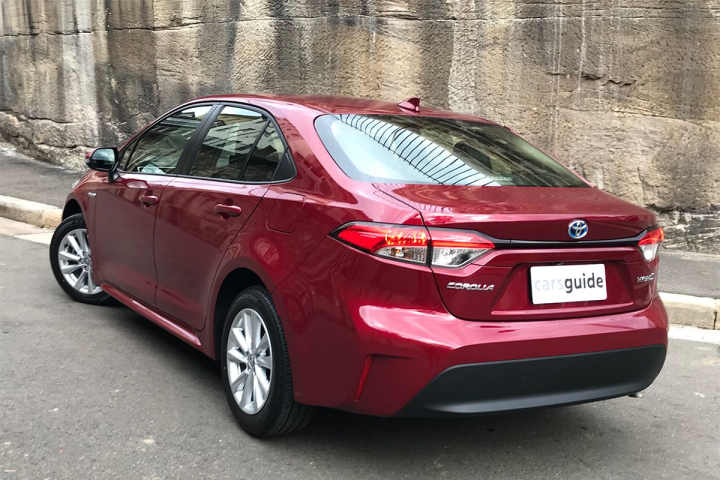
The interior is simple without crossing over into plain, the dual-level dash design accommodating an 8.0-inch media screen standing proud in the centre, and a compact instrument binnacle sitting under a curved brow.
The grey fabric seat trim looks tough but doesn’t feel it, with some squiggly quasi-quilting in the centre panels adding visual interest. The only other hint of flashiness being gloss black finish panels in the centre console, around the ventilation controls and media screen.
Practicality – How practical is its space and tech inside?
At just over 4.6m long, close to 1.8m wide and a fraction over 1.4m tall, the Corolla sedan is a ‘big’ small car. And at 2700mm, the sedan’s wheelbase is 60mm longer than its hatch equivalent.
There’s plenty of breathing space up front and storage runs to generous door bins with space for large bottles, two cupholders in the centre console, a lidded box (which doubles as a centre armrest) between the seats, a decent glove box and the wireless charging tray in front of the gearshift. That’s all fine, but some extra oddments space in the centre console would be nice.
Move to the rear and the sedan’s extra wheelbase length manifests itself in the shape of noticeably more room than the hatch.

Sitting behind the driver’s seat set for my 183cm height, I enjoyed good legroom and ample headroom. Three adults will be okay for short to medium journeys and a trio of up to teenage kids will be fine for the long haul.
There’s a fold down armrest with two cupholders built in, although the cushion lowers all the way onto the seat creating a slightly awkward downward angle. And no map pockets on the front seat backs feels a bit stingy.
The rear door bins can accommodate a medium-size bottle and a small tray at the back of the front centre console is where you’d like the adjustable ventilation and USB outlets to be, but sadly, they don’t exist.

In fact, power and connectivity options number just two; a USB-C socket in the front for charging and media connection as well as a 12V outlet in the front centre storage box.
Modest boot space is an Achilles Heel for the Corolla hatch, but the sedan’s 470 litres of cargo volume is way better.
It swallowed our three-piece luggage set or the bulky CarsGuide pram with room to spare, and the 60/40 split-folding rear seat lowers to liberate extra space. Just bear in mind that the relatively tight aperture is a large-load disadvantage relative to a wide-opening hatch door.
Interestingly, there aren’t any tie-down anchors in the boot to secure loads, but there’s a space-saver spare under the floor.
Also worth noting the Corolla Hybrid a no-tow zone. If you need to hook up a boat or campervan, the 2.0-litre non-hybrid Corolla sedan is rated for a 1300kg braked trailer (450kg unbraked).
Under the bonnet – What are the key stats for its engine/motor?
The Corolla hybrid is powered primarily by a naturally aspirated 1.8-litre four-cylinder petrol engine operating on the ‘Atkinson Cycle’, which adjusts cam timing to maximise the effective cylinder expansion ratio (compression stroke vs power stroke) for greater efficiency and reduced emissions.
But the downside of this combustion cycle is a relative lack of power, which is where the car’s primary AC synchronous, permanent magnet electric motor comes into play.
Upgraded in late 2022, the motor now features double the number of magnets (per pole) inside the rotor.

At the same time a lighter lithium-ion battery was added, featuring greater input and output power compared to the nickel-metal hydride unit it replaced.
A compact starter/generator (effectively a second electric motor) is powered by the engine (it also starts it) in turn sending energy to the main drive motor and battery.
The end result is combined outputs of 103kW (+13kW) at 5200rpm and 142Nm at 3600rpm, although it’s worth noting Toyota has a strange habit of not including the torque output from the electric motors in its overall numbers for hybrid models.
With the primary motor alone producing more than 160Nm of pulling power, you’d have to imagine the actual combined torque figure is somewhere in the region of 250Nm, with drive going to the front wheels via a CVT auto.
Efficiency – What is its driving range? How efficient is the hybrid powertrain?
Toyota’s official combined cycle fuel economy number for the Corolla’s hybrid powertrain is 3.9L/100km, the 1.8-litre engine emitting 81g/km of CO2 in the process.
That’s up slightly from the pre-upgrade model’s 3.5L/100km claim, but over a week with the Ascent Sport we covered around 250km of urban, B-road and some freeway running, returning an average of precisely 3.9L/100km (at the bowser), which is an outstanding result for a close to 1.4-tonne four-door sedan.
Of course, the super smooth stop-start system (controlled by the starter/generator) plays a part, plus the bonus is the 1.8-litre four is happy to accept ‘standard’ 91 RON unleaded, and the fuel tank holds 43 litres, which translates to a range of just over 1100km. Pretty great.
Driving – What's it like to drive?
The Corolla Ascent Sport Hybrid is a comfortable, stress-free driving experience. Toyota’s series parallel hybrid set-up means the wheels can be driven by the internal-combustion engine, electric motors, or both. And the transition happens seamlessly.
Start-up is silent with the motor(s) doing the driving at low speed, the petrol engine kicking in as the power requirement rises.
As the engine operates it’s also charging the battery and under braking the front wheels turning causes the motor and generator to send power to the main battery pack, as well.
Toyota doesn’t quote acceleration figures for the Corolla but you can expect 0-100km/h in around 12 seconds, which is hardly neck-snapping, however this hybrid combination provides enough torque for nimble acceleration in the city and suburbs as well as easy freeway cruising.
Then there’s the Continuously Variable Transmission. I’m no CVT fan, largely because of the disconnect between road speed and engine speed it creates. The transmission is always trying to keep the engine in its efficiency sweet spot and the most noticeable byproduct is an incongruous droning sound.
Developed by transmission specialist (and Toyota subsidiary) Aisin, the Corolla’s unit is ‘tighter’ than some but the sluggish ‘slipping clutch’ effect is still there from time to time.
Underpinned by Toyota’s TNGA platform, precise handling and excellent ride comfort are dynamic hallmarks of this 12th-generation Corolla. And the Ascent Sport Hybrid Sedan is no exception.
Suspension is by struts at the front and multi-links at the rear, and compliance is super impressive, especially for a car of this size.
The electrically-assisted steering is responsive and road feel is good, the car remaining planted and predictable, with only modest body roll if the red mist descends and you decide to ‘push on’ through your favourite set of corners.
This kind of response is especially noteworthy given the car’s low-rolling resistance Bridgestone Ecopia rubber (205/55) is primarily designed for efficiency rather than race-circuit grippiness.
Braking is by 255mm ventilated discs at the front (slightly smaller than the 2.0L non-hybrid’s) and 265mm solid rotors at the rear. They’re progressive with good pedal feel. Not always the case when regenerative braking is part of the picture.
In terms of general comfort and ergonomic efficiency, the seats remain comfortable, even over road-trip-style stints, while the mix of physical and digital controls is sensible and works well.
Warranty & Safety Rating
Safety – What safety equipment is fitted? What is its safety rating?
The Corolla Ascent Sport Hybrid Sedan boasts a maximum five-star ANCAP rating, although the assessment was in 2018 and the criteria have been dialled up since then.
That said, active (crash-avoidance) tech includes AEB - operating from 10-180km/h (with pedestrian and cyclist detection from 10-80km/h), active cruise control, lane trace assist, lane-keep assist, emergency lane keeping, road sign assist and auto high beam.
‘Active Cornering Assist’ and a reversing camera are also standard, but sadly, blind-spot monitoring (with ‘Safe Exit Assist’) and rear cross-traffic are optional.
If a crash is unavoidable, there are seven airbags on board (front, front side, full length curtain and driver’s knee). No front centre bag, though.
There are three top-tethers across the back seat for baby capsules or child restraints with ISOFIX anchors on the two outer positions.
Also fitted is a manually-triggered, roof-mounted SOS button for a back-to-base call that can direct emergency services to the vehicle's location if required.
Ownership – What warranty is offered? What are its service intervals? What are its running costs?
Toyota covers the Corolla with a five-year, unlimited-km warranty, which is the industry standard these days. But significantly, the hybrid battery is included and if you follow the annual servicing schedule for those five years, your engine and driveline warranty extends to seven years and the battery to 10 years (if the latter is also inspected annually). Impressive.
Seven years emergency assistance is provided (expenses related to car hire or towing), and corrosion (to the point of perforation) is covered for seven years.

On top of that ‘Toyota Connected Services’, accessed through the ‘myToyota’ app, is complimentary for 12 months, offering everything from vehicle data and member discounts to driving insights and multimedia profiles.
Servicing is recommended every 12 months or 15,000km, and ‘Toyota Service Advantage’ capped pricing is available, with the number sitting at $245 for the first five visits to the workshop.
That’s up from $175 when the current generation Corolla launched here in 2019, but it’s still a sharp price.
Verdict
After several years in market, the Toyota Corolla Ascent Sport Hybrid stands up well. Late 2022 upgrades have helped keep the hybrid powertrain on the pace and the multimedia system competitive. The sedan layout is better than the hatch for carrying people and cargo, it’s a refined and comfortable drive, and the ownership package sets the pace in this category. That said, safety is good but could be better, the CVT’s a bit drony, there are some small things we’d like to see on the standard equipment list (adjustable rear ventilation, extra USBs) and there’s room for improvement in terms of in-cabin storage. But overall, it’s hard to go past this small sedan proposition.
Pricing Guides



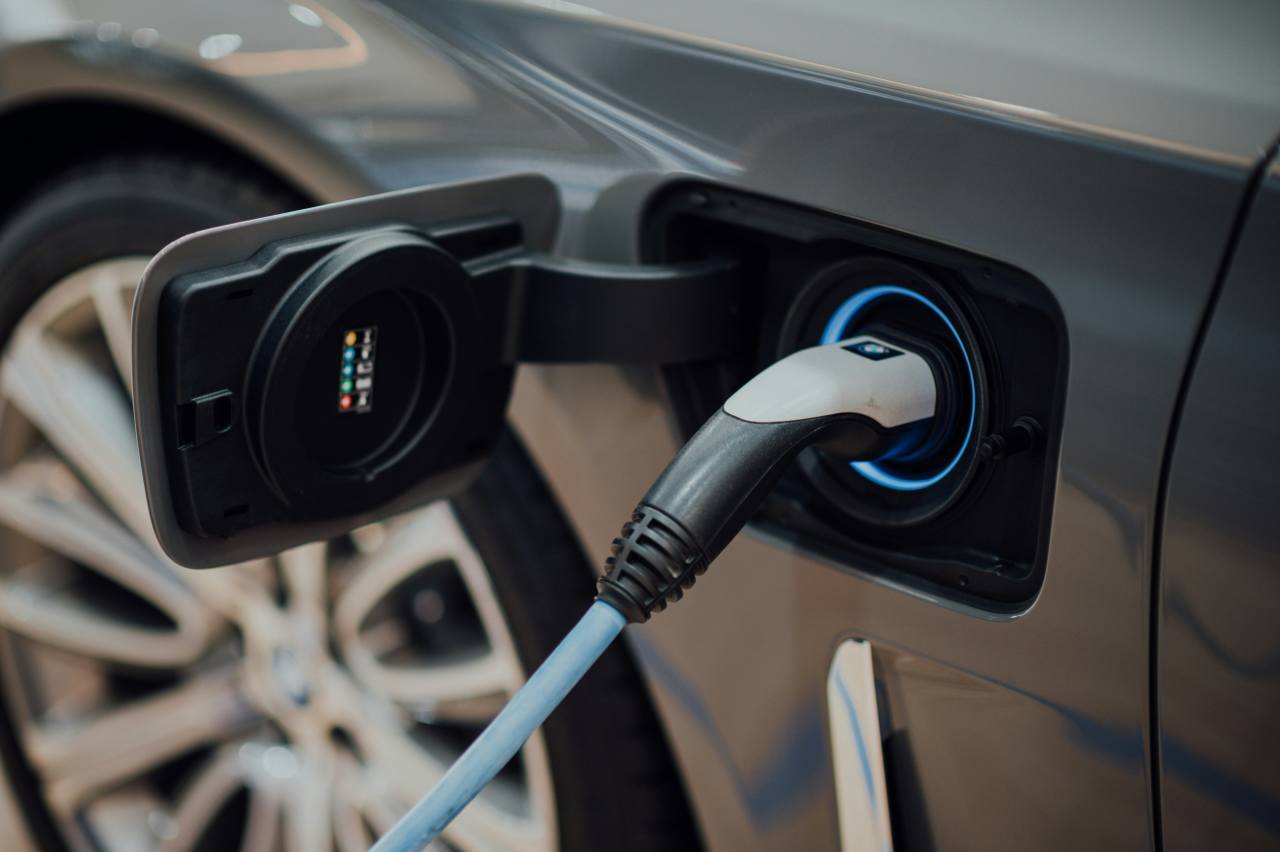
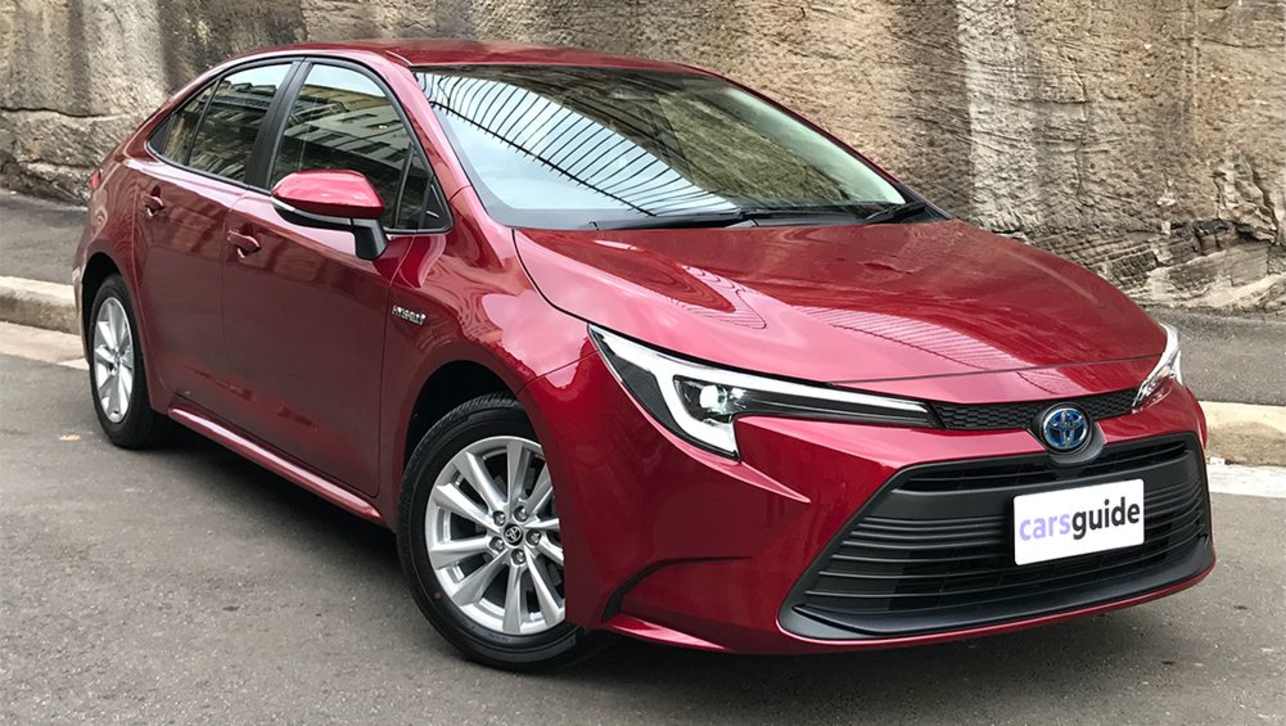










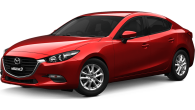
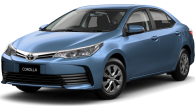





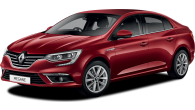












.jpg)




.jpg)


.jpg)

Comments